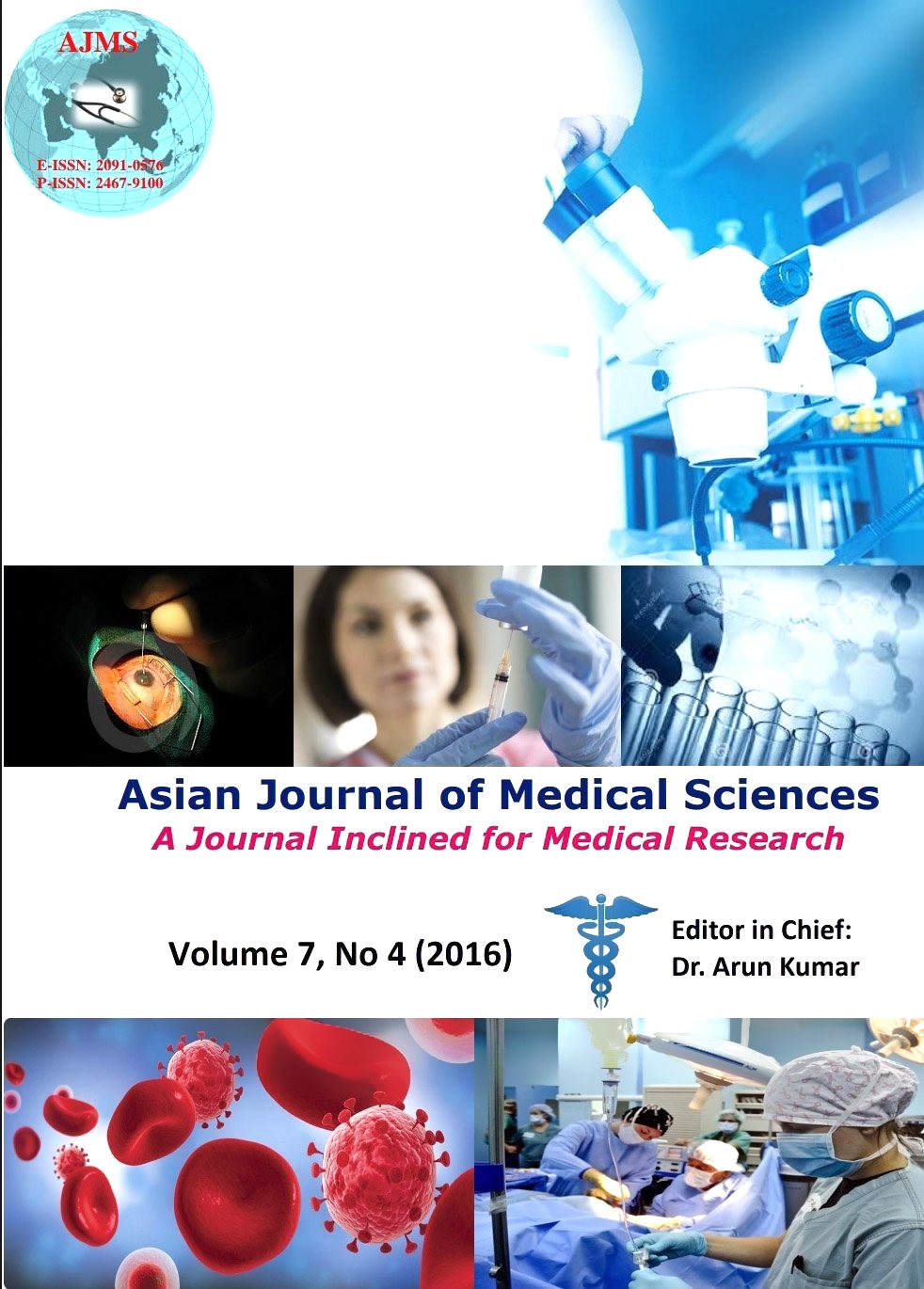Fenetheylline in the Middle East, a thriving trade in the post-Saddam era
Keywords:
Fenethylline, Captagon, Amphetamines, PIEDs, Psychoactive, IllicitAbstract
Aims and Objectives: To collect up-to-date knowledge using a systematic review of the literature and to get evidence-based data concerning Fenethylline, and its illegal commerce in the region of the Middle East after 2003.
Materials and Methods: Four main medicalliterature databases were scrutinized using a list of pre-specified keywords. Additionally, social networks, and other resources were utilized to retrieve relevant data. The total number of references that were used in this paper is twenty-two.
Results: The literature search was conducted from the 3rd of December to the 29th of December 2015. The search was done from Baghdad, Iraq via the Earth link-Telenet Internet Service Provider (ISP). The Total Search Engine Results Pages (SERPs) were 463137. The highest SERPs were for the keywords “Amphetamine” and “Fitton.” Google Scholar and PubMed were the databases that scored the highest SERPs. Captagon is a dangerous psychoactive substance. Its production was officially stopped in the 1980s. Currently, Captagon, and counterfeit Captagonare being illegally produced in South-East Europe and trafficked to the region of the Middle East.
Conclusion: In the post-Saddam era of the Middle East, this substance has been traded and distributed at an exponential rate. The main explanation is that the rise of this illegal commerce is related to the chaos and the lack of order in the regions of conflict and civil war in Syria and Iraq in particular.
Asian Journal of Medical Sciences Vol.7(4) 2016 116-119
Downloads
Downloads
Additional Files
Published
How to Cite
Issue
Section
License
Authors who publish with this journal agree to the following terms:
- The journal holds copyright and publishes the work under a Creative Commons CC-BY-NC license that permits use, distribution and reprduction in any medium, provided the original work is properly cited and is not used for commercial purposes. The journal should be recognised as the original publisher of this work.
- Authors are able to enter into separate, additional contractual arrangements for the non-exclusive distribution of the journal's published version of the work (e.g., post it to an institutional repository or publish it in a book), with an acknowledgement of its initial publication in this journal.
- Authors are permitted and encouraged to post their work online (e.g., in institutional repositories or on their website) prior to and during the submission process, as it can lead to productive exchanges, as well as earlier and greater citation of published work (See The Effect of Open Access).




